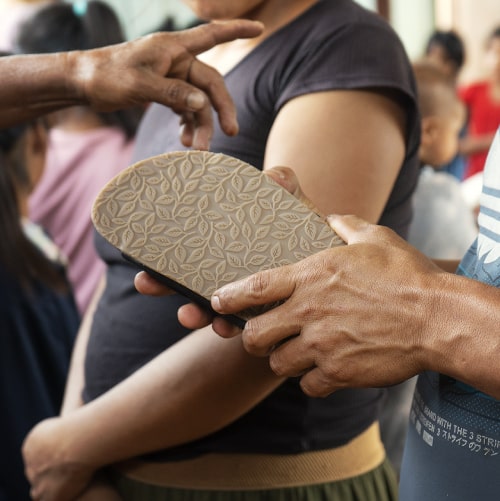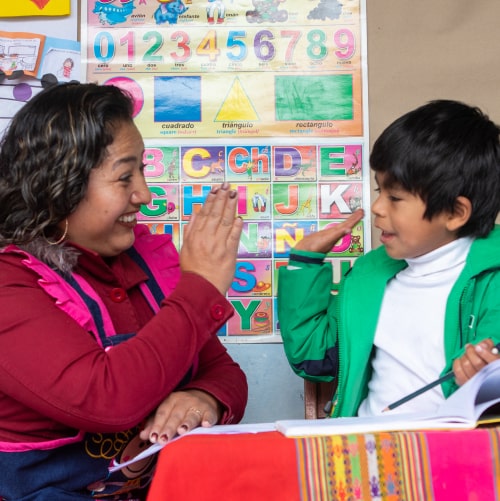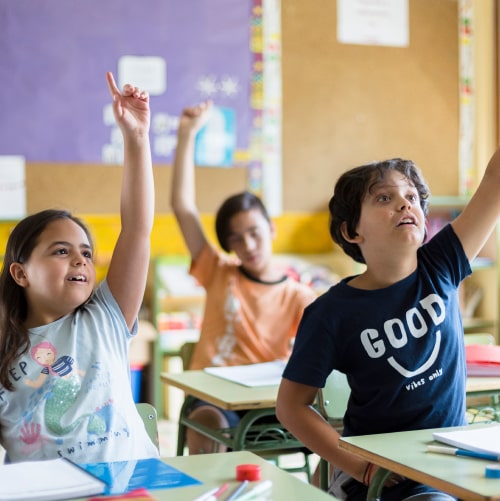After a successful launch and call for entries campaign, which ended last year on February 20, 2022, the second edition of the Entrepreneur Fund received 226 applications of social enterprises fromdifferent business sectors and regions of the country. Lima being the region with the highest number of applicants (96), followed by Cusco (21) and San Martín (13).
About the evaluation and pre-acceleration stage
During March of 2023, all the applications received were reviewed and graded according to the criteria established in the program’s Application Bases. Once the indicated process was completed, 21 semifinalists were chosen, who presented their enterprises before an Evaluation Committee in the pitch sessions, held from March 20 to 22 of this year.
The aforementioned committee was composed of representatives of the Wiese Foundation, UTEC Ventures, W Capital and UNESCO, as well as invited independent evaluators, who have experience in evaluating social entrepreneurship projects and/or in the various sectors to which the semifinalist enterprises belonged.
As a result of the evaluations carried out, the 8 social enterprises were chosen for the pre-acceleration stage (Stage 2). At this stage, the top management team of the eight (08) chosen companies will have the opportunity to receive training and meet directly social enterprises in more advanced stages, as well as to work together with the specialists of the Entrepreneur Fund in:
- The diagnosis of the strengths and gaps in professional capabilities within the team.
- The identification of the areas of the business, whose strengthening would be recommended to be prioritized.
- The validation of the enterprise’s ability to receive investment from third parties.
At the same time, these 8 finalists will go through a due diligence process and will have the possibility of developing the necessary instruments for the presentation of their
enterprise to potential investors. This process will be carried out with the participation of specialists from W Capital, the organization specialized in investments and financial services that belongs to the Wiese Group.
Learn about the 8 selected social enterprises
- Peruvian Association of Blood Donors (Health)
A private non-profit association that was born with the aim of promoting voluntary, quality and unpaid blood donation. It organizes blood drives to supply hospitals and clinics nationwide. Learn more about its social impact, here.

- Juntas Peru (Education)
Juntas is a social enterprise that seeks to prevent problems such as teenage pregnancy, violence and misinformation regarding sexual health among adolescents in Peru and Latin America through Comprehensive Sex Education (ESI). Learn more about its social impact, here.

- Killa Vive Verde (Sustainable utilization of biodiversity)
A social enterprise that designs and produces eco-friendly and 100% reusable products together with Yanesha and Shipibo-Konibo women, using ancestral vegetable dyeing techniques based on local plants such as matico, walnut, eucalyptus, turmeric, among others. Learn more about its social impact, here.

- Pachamama (Sustainable utilization of biodiversity)
The overexploitation of Peru’s dry forests has led to their deforestation and degradation. Pachamama works in alliance with the farmer communities of Ayabaca so that they may extract their resources in a sustainable way, generating both employment and income with the conservation of their forests, here.
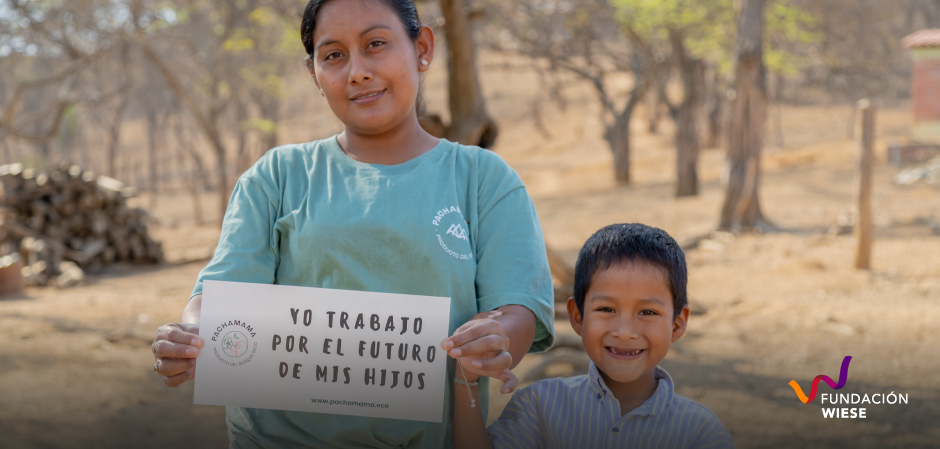
- Inkao Peru (Agricultural-livestock and/or agroindustry activity)
An enterprise led by women that offers products focused on innovation and quality of Cacao and Chocolate Derivatives, working hand in hand with farmers of the VRAEM Valley, promoting the production of cacao as an alternative to the illicit cultivation of the coca leaf. Learn more about its social impact, here.

- Ento Piruw (Agricultural-livestock and/or agroindustry)
The first enterprise in Peru that produces insect-based food. In addition, it has social projects such as: “Insect Tamers”, where they train people dedicated to breeding animals in vulnerable areas of the country so that they may improve the quality of the balanced feed that they give to their animals, autonomously, using insect-based protein supplements. Learn more about its social impact, here.
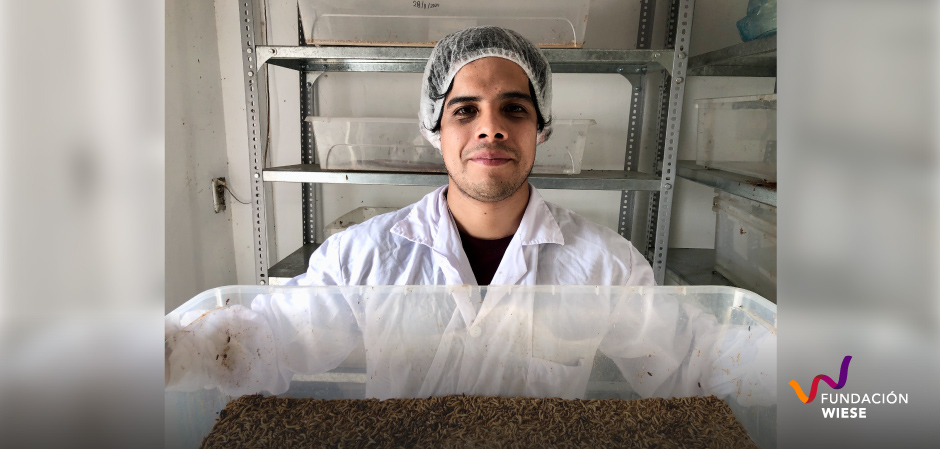
- Away Pallay (Sustainable fashion)
Sustainable fashion social enterprise that offers clothing, home decoration and artistic interventions, made 100% by hand by women weavers from 2 high Andean communities: Acchahuata and Chalwaccocha, in Cusco, preserving the ancestral technique of the backstrap loom. Learn more about its social impact, here.
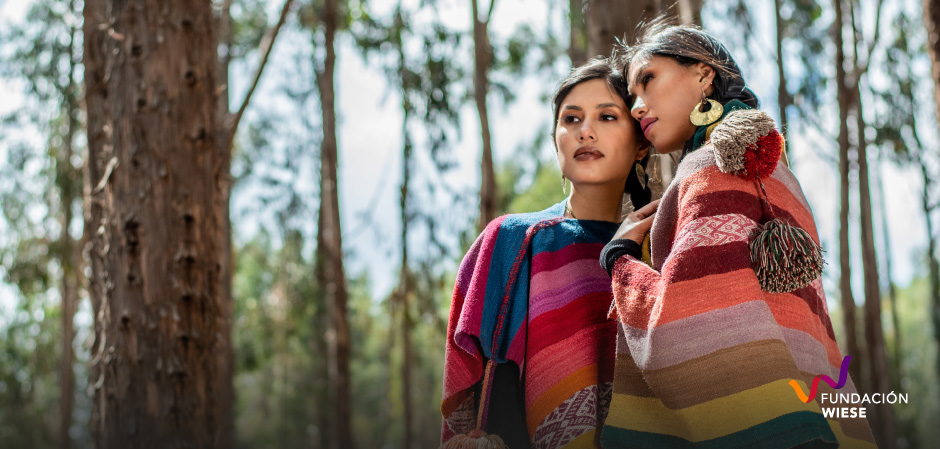
- Caxacori (Sustainable fashion)
An enterprise in the fashion industry with environmental and social impact. Currently, it has 2 products: (i) wild rubber soles made by native Awajún communities, without logging the trees and (ii) vegan bio-leather designed based on waste fibers from the food and agricultural industry, such as grape peels. Learn more about its social impact, here.
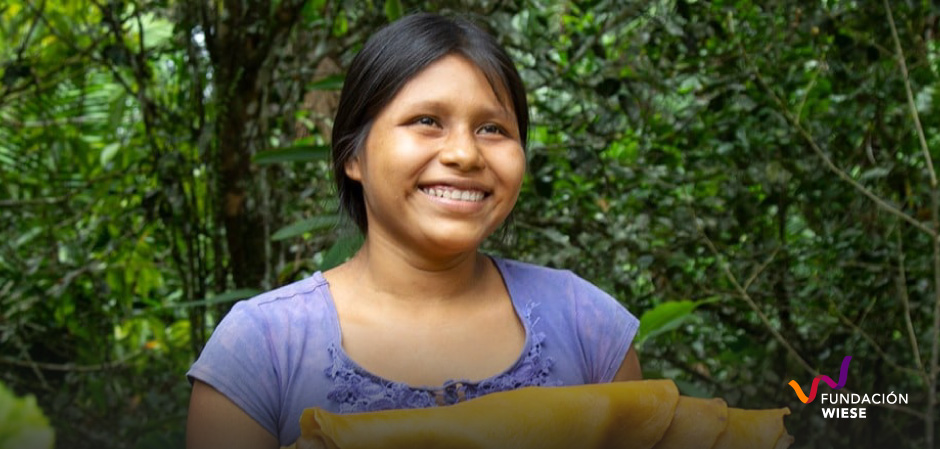
At the Wiese Foundation, we thank all social entrepreneurs for their participation in this second edition of the Entrepreneur Fund. We hope that this experience has contributed to the analysis of the overall strategy of their businesses and encourage them to continue to grow and do business in a more conscious, more inclusive and more sustainable way. We invite you to learn more about the selected social enterprises and the pre-acceleration stage of the Entrepreneur Fund, here.




